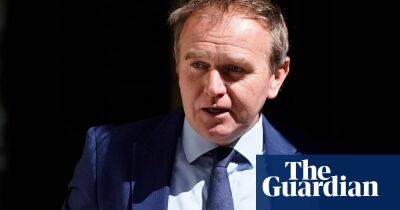Energy cap leap looks to be moment when recession fears for UK turn into reality
The phoney war is over and the real struggle for the economy is about to begin. That’s the brutal reality facing the UK as gas and electricity bills rocket this winter.
For months it has been clear the energy regulator for Great Britain, Ofgem, would raise its price cap from just under £2,000 a year to about the £3,500 mark and it has duly announced an 80% increase.
Consumer and business confidence has weakened in anticipation of the higher bills to come but the economy has been marking time. Activity remained pretty much unchanged in the second quarter of 2022, retail sales were up in July and unemployment is close to its lowest levels in half a century.
However, that is all about to change – unless the government comes up with something big in terms of a support package covering consumer and business. Current support packages anticipated a price cap in October of £2,800, not the £3,549 that Ofgem announced on Friday morning. The idea that prices might carry on rising and stay high for at least the next year was simply not factored into any official economic forecasts.
Soaring energy bills affect the economy in three key ways. First, they push up the cost of living, with the new price figure adding about four percentage points to the annual inflation rate. The Bank of England has already factored the October increase intoits forecast for inflation to reach 13.3%.
Yet with the still rising global cost of gas now putting the price cap on course to breach the £5,000 a year threshold in January, the increase in price pressures could turn out to be much more significant. Earlier this week the US investment bank Citi predicted inflation would peak at more than 18% next year.
Threadneedle Street has raised interest rates at the last
Read more on theguardian.com









![Tornado Cash [TORN]: Is more trouble incoming after the OFAC’s announcement](https://finance-news.co/storage/thumbs_400/img/2022/8/28/38783_1eo5.jpg)









![Terra Classic [LUNC] staking goes live but will it be hindered by the ghost of its past?](https://finance-news.co/storage/thumbs_400/img/2022/8/27/38721_mtyso.jpg)



